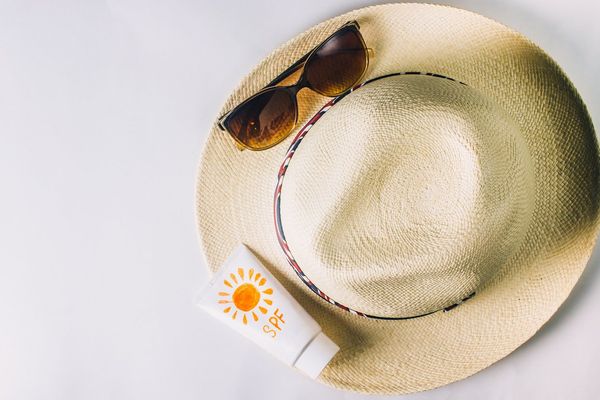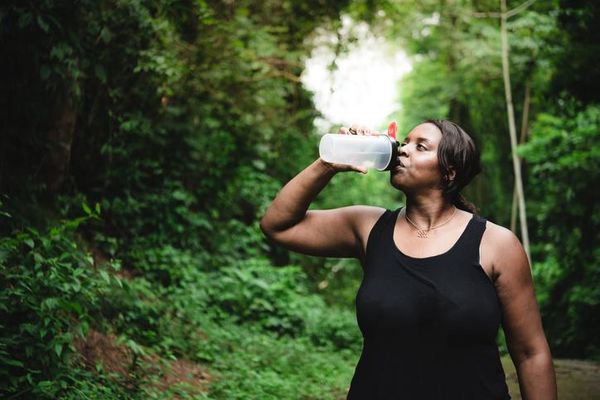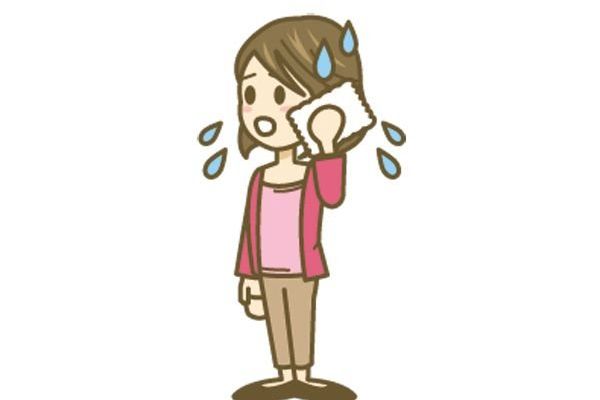In my world, summertime goes by way too quickly.
Can you relate?
One reason might be age: it's not our imagination that the older we get, the faster time goes. Yes, older people perceive time as moving faster, according to this article in Scientific American, which explains this upsetting and unsettling phenomenon.
And of course, time does fly when you're having fun. For me, summertime equals fun, with more outdoors activities, less clothing to pile on and a more carefree feeling overall.
But summer—though it may make us feel more relaxed—isn't the best time to relax about your skin-care routine.
Your skin still needs a lot of TLC and maybe even more so during the summer than any other season.
- Hot weather can increase the activity of your sebaceous glands (read: oil flow), leading to breakouts from clogged pores (What, you thought you were past that phase? No, adults can still get zits.) Plus, if you layer on sunscreen (which you should!), improper cleansing can leave behind a film that can also lead to increased breakouts.
- On the flip side, even if the air outside is humid, your skin can get drier than normal from being inside in the air conditioning.
- The sun might feel good, but soon after it touches your skin, it begins to cause damage (even if you don't see evidence of it). What you do eventually see: skin mottling (pigmented patches), redness, freckling and even broken red capillaries. And of course, the obvious, like wrinkles and age spots. What you don't see: the possibility of skin cancer developing from repeated sun exposure. Remember that most damage occurs when we don't even know it. It's not necessarily from sitting at the beach, but rather, from the exposure you get from everyday activities (known as "invisible sun"). That's why it's so important to always wear sunscreen, even on cloudy, cool or overcast days. Here's why you should use caution if you use spray sunscreens.
- If you love the water, be aware that salt water and especially chlorine from a pool, which strips your skin of its natural oils, can dry out your skin. A pool is more of a culprit than seawater, which admittingly does have a variety of beneficial skin-friendly and anti-aging minerals like magnesium, calcium and potassium and vitamins C and E (from seaweed) plus substances like chlorella and other algae. If you have easy access to a shower, rinse off after you've been in the water.
- For people with psoriasis, the sun may actually be beneficial and ease their symptoms by slowing the rapid growth of skin cells. But remember, the sun still does have its risks, and exposure needs to be done slowly and carefully.
- When it's hot out, you need to drink lots of fluids to prevent dehydration. But don't forget that water also has a positive effect on your skin's physiology, too, researchers say.
- If you use self-tanners, moisturize more. Faux tans are a great alternative to baking in the sun and can give you a fabulous sun-kissed glow. But keep in mind that some of the ingredients that brighten your skin can also dull it over time by making it dryer than normal.
- Don't forget those especially vulnerable areas of your body that can get burned, like the tops of your feet, your scalp, lips and eyelids (always wear sunglasses to also protect the health of your eyes against conditions like cataracts and macular degeneration).
- If you do get a sunburn, cool it off ASAP with a cool shower or compress. Then, slather your skin with a rich moisturizer. Look for ingredients like aloe vera or soy and avoid those with petroleum, benzocaine or lidocaine (which can be irritating).







